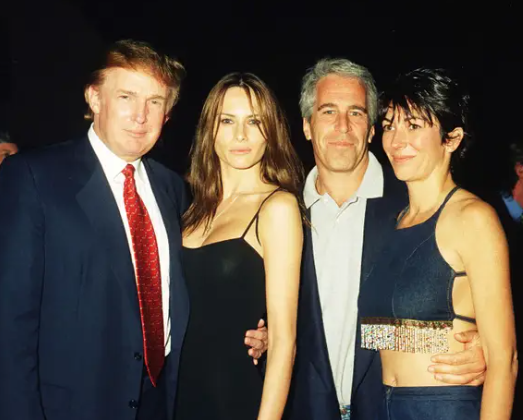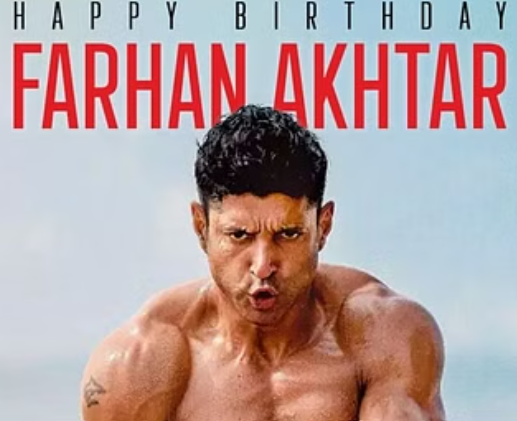
Farhan Akhtar 50th Birthday Celebration Spotlights 5 Unforgettable Gems from His Lesser-Known Dialogue Legacy
Farhan Akhtar, a polymath in the world of Indian entertainment,
Has left an indelible mark as a director, producer, actor, singer, composer, and notably, a writer. As he reaches the significant milestone of turning 50, it’s an opportune moment to delve into the layers of his creative prowess and celebrate his birthday by revisiting some of the most memorable dialogues he has penned throughout his illustrious career.
In 2001, Farhan Akhtar made a groundbreaking entry into the world of direction with “Dil Chahta Hai.” This film not only showcased his directorial brilliance but also set a new standard for cinematic language. Both in terms of dialogues and visuals, “Dil Chahta Hai” defined Farhan’s aesthetic as a filmmaker and writer. One memorable dialogue that encapsulates this innovation is from a scene where Aamir Khan’s character goads Saif Ali Khan’s character to confront his girlfriend (played by Suchitra Pillai).
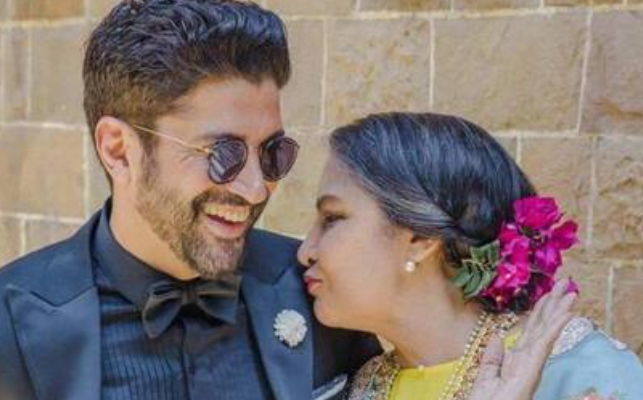
However, as Saif attempts to make the call, the conversation gets amusingly interrupted with, “Haan Mein, Magar Wo, Suno Toh? Tumne Toh, Lekin Main, Kabse Keh…” The colloquial nature of these dialogues was a departure from the traditional tone of Hindi cinema, marking a pivotal moment in Bollywood dialogue writing. The scene concludes with another memorable line from Aamir, “Pitega saala,” adding a touch of raw authenticity to the film.
In 2006, with his third directorial venture, the adaptation of Chandra Barot’s classic crime thriller “Don,” Farhan Akhtar presented Shah Rukh Khan’s character with an entirely new persona. A notable dialogue from this film occurs when Don is unexpectedly attacked by Roma, played by Priyanka Chopra. Don, in response, wrestles with her and whispers, “Mujhe jungli billiyan bahut pasand hain. I like wild cats.” This dialogue not only showcased Farhan’s ability to infuse a contemporary flair into classic narratives but also added a layer of sophistication to the character of Don.
In his 2008 acting debut, “Rock On!!,” where Farhan Akhtar played the protagonist, he also demonstrated his writing skills by crafting impactful dialogues for the film. A particularly resonant line emerges when his character, having left his rock band years ago, is urged by his wife, played by Prachi Desai, to reignite the rockstar within. Now entangled in corporate life, he responds, “Maine 10 saal pehle ye zindagi chuni thi. Han mujhe compromise karne pade, par compromise kaun nahi karta” (Yes, I chose that life 10 years ago. I made some compromises, but then who doesn’t?).
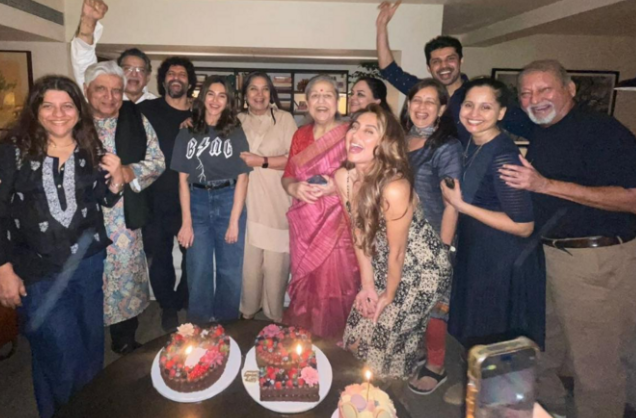
Little did Farhan know that this line, “Compromise kaun nahi karta,” would transcend the film and become a cultural phenomenon, transforming into a meme and even finding its way into popular culture through Ranveer Singh’s playful mimicry on “Koffee with Karan” years later.
As Farhan Akhtar adds another year to his remarkable journey, these lesser-known yet impactful dialogues serve as a testament to his versatility and ability to capture the essence of relatable human experiences through the written word. His contributions have not only enriched the cinematic landscape but have also resonated with audiences, making him a celebrated figure in the realm of Indian entertainment.
Farhan Akhtar’s creative brilliance extends far beyond the realms of cinema. His ability to seamlessly transition between various roles in the industry has earned him accolades, and his prowess as a writer is a testament to his multifaceted talent.
Moving forward in his career, Farhan Akhtar continued to leave an indelible mark on the landscape of Indian cinema. The dialogues mentioned are just a glimpse into the treasure trove of linguistic gems he has crafted over the years. As he celebrates his 50th birthday, it’s worth exploring more of his literary contributions that have added depth and authenticity to the characters and stories he brings to life on screen.
In “Zindagi Na Milegi Dobara” (2011), another directorial venture of Farhan Akhtar, the dialogues not only reflected the camaraderie among friends but also delved into introspective and philosophical realms. Lines such as “Dost fail ho jaye toh dukh hota hai, lekin dost first aa jaye toh zyada dukh hota hai,” resonate with audiences on a personal level, encapsulating the bittersweet truth of competition and friendship.
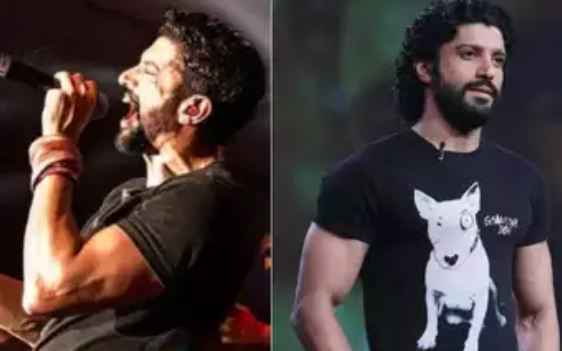
“Shaadi Ke Side Effects” (2014), a film where Farhan Akhtar showcased his acting prowess, also presented a nuanced exploration of relationships and the complexities that come with them. The dialogues in this film strike a delicate balance between humor and introspection, adding layers to the narrative. Lines like “Biwi ke saath comfort zone tabhi achieve hota hai jab tumhe uske saath uncomfortable hone ka bhi comfort ho,” showcase Farhan’s ability to articulate profound truths in a lighthearted manner.
In “Dil Dhadakne Do” (2015), a film that explores familial dynamics, Farhan’s writing skills shine through in dialogues that capture the essence of complex relationships. The character Ayesha, played by Priyanka Chopra, delivers a powerful line – “Aap log mere khuda hain” – expressing the intricate ties between family members and the impact they have on one another’s lives.
Beyond the realm of films, Farhan Akhtar has also been a prominent voice in addressing social issues. His dialogue delivery in “Bhaag Milkha Bhaag” (2013), a film based on the life of legendary athlete Milkha Singh, resonated with audiences and left an enduring impact. The motivational and inspirational lines in this biopic encapsulated the spirit of determination and resilience.
As Farhan Akhtar embarks on the next chapter of his illustrious career, audiences eagerly await more cinematic treasures and unforgettable dialogues from this creative polymath. Whether he’s wielding the director’s chair, facing the camera, or penning down compelling lines, Farhan Akhtar continues to be a force to be reckoned with in the Indian entertainment industry. His journey is a testament to the transformative power of words and storytelling, and as he turns 50, there’s a collective anticipation for the narratives he will craft in the years to come.
For the latest updates-click here.

